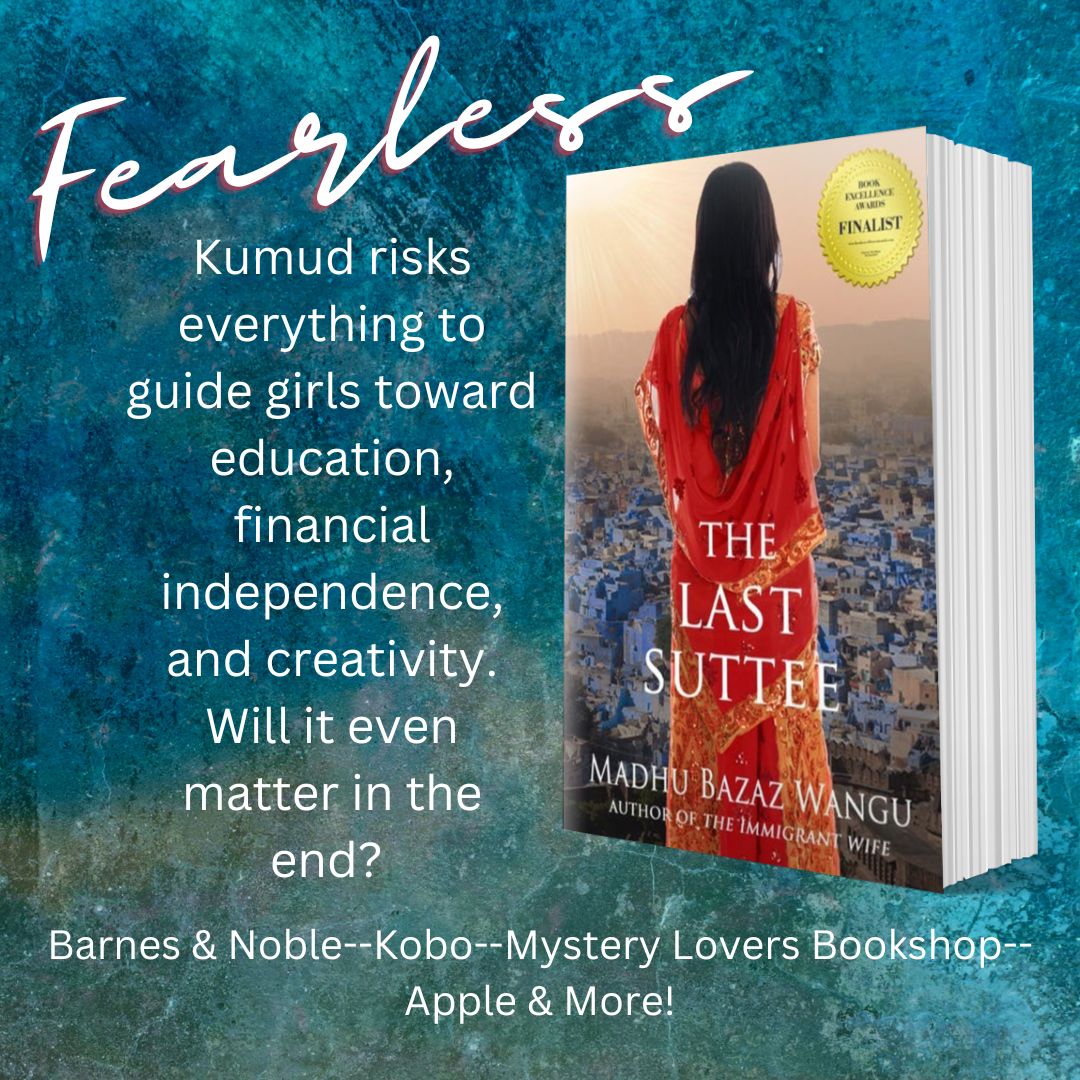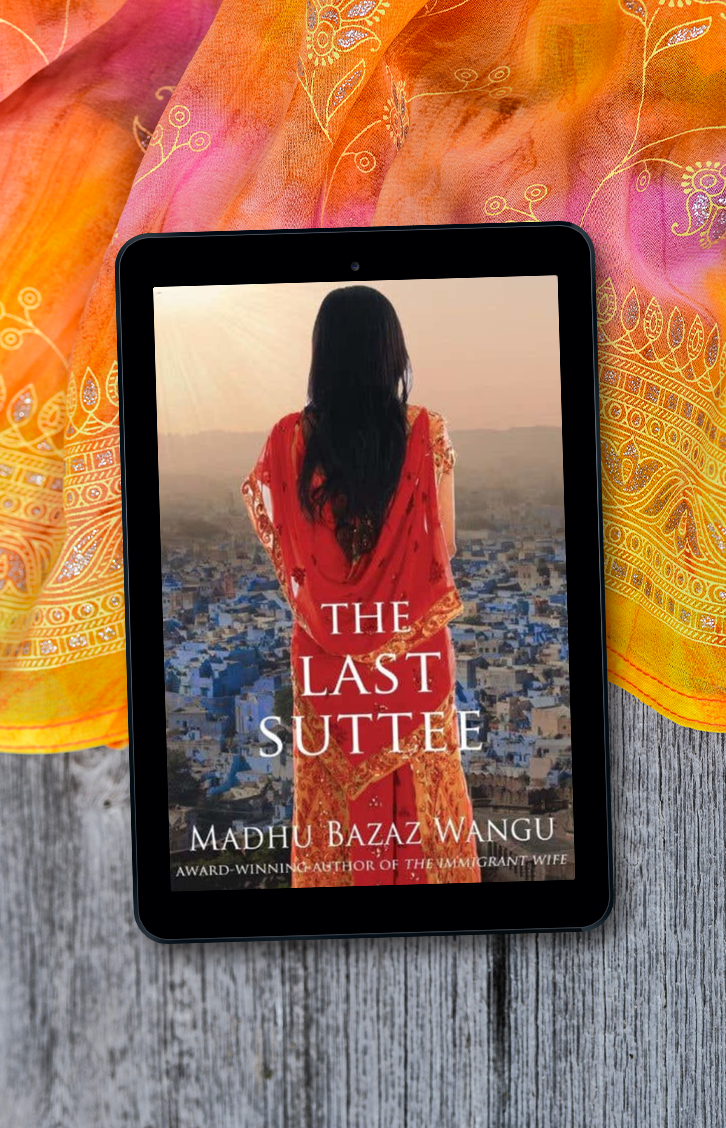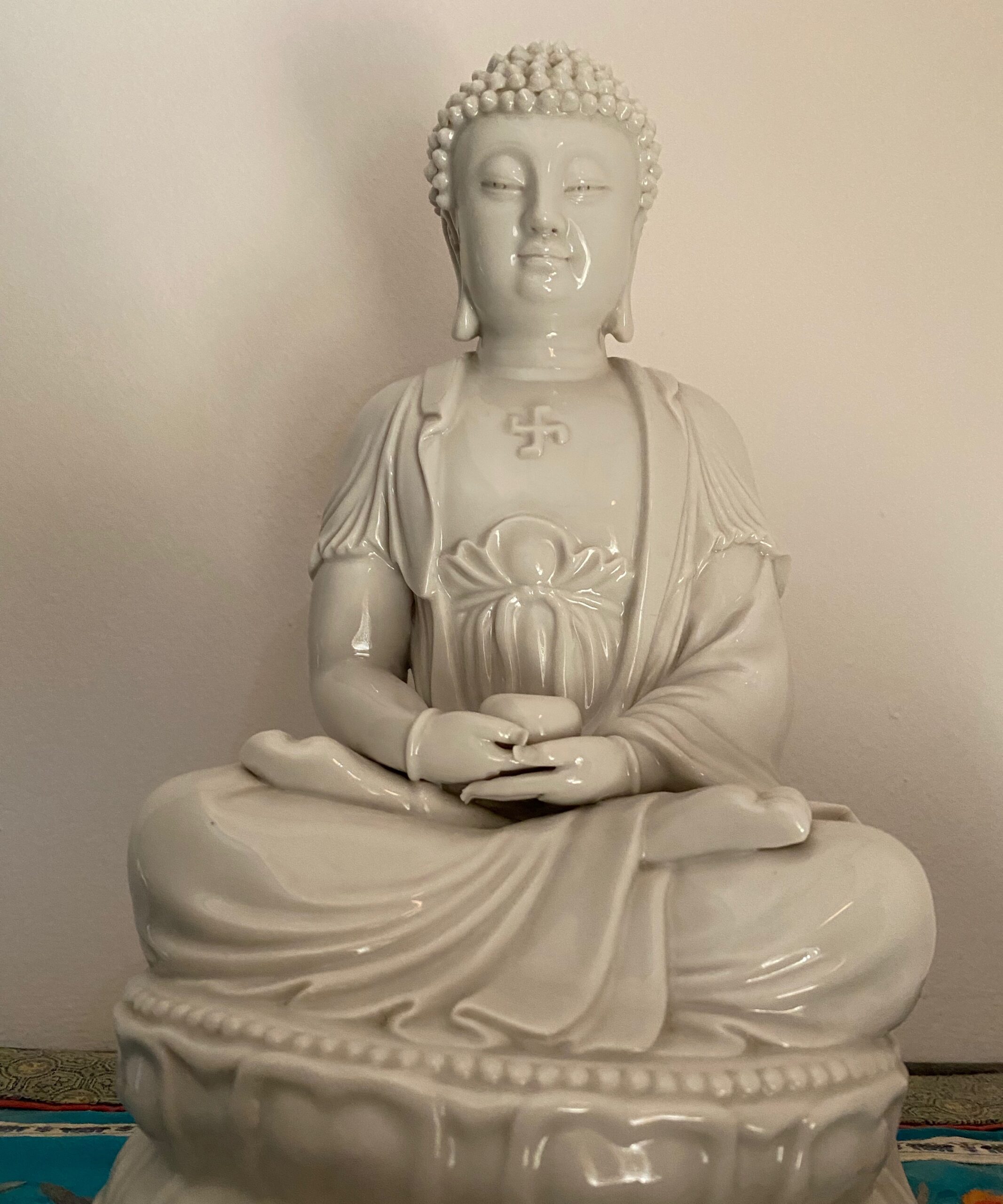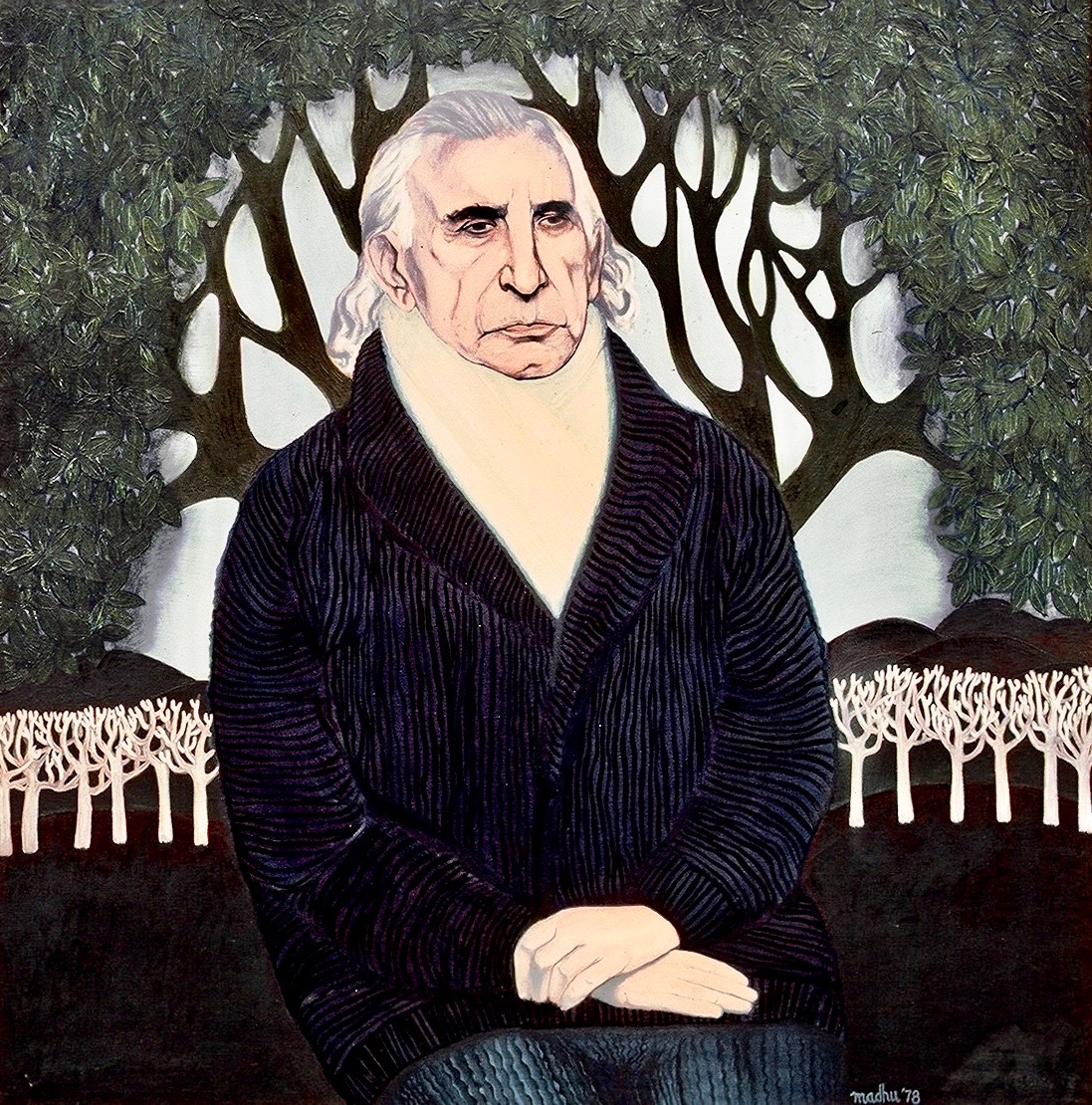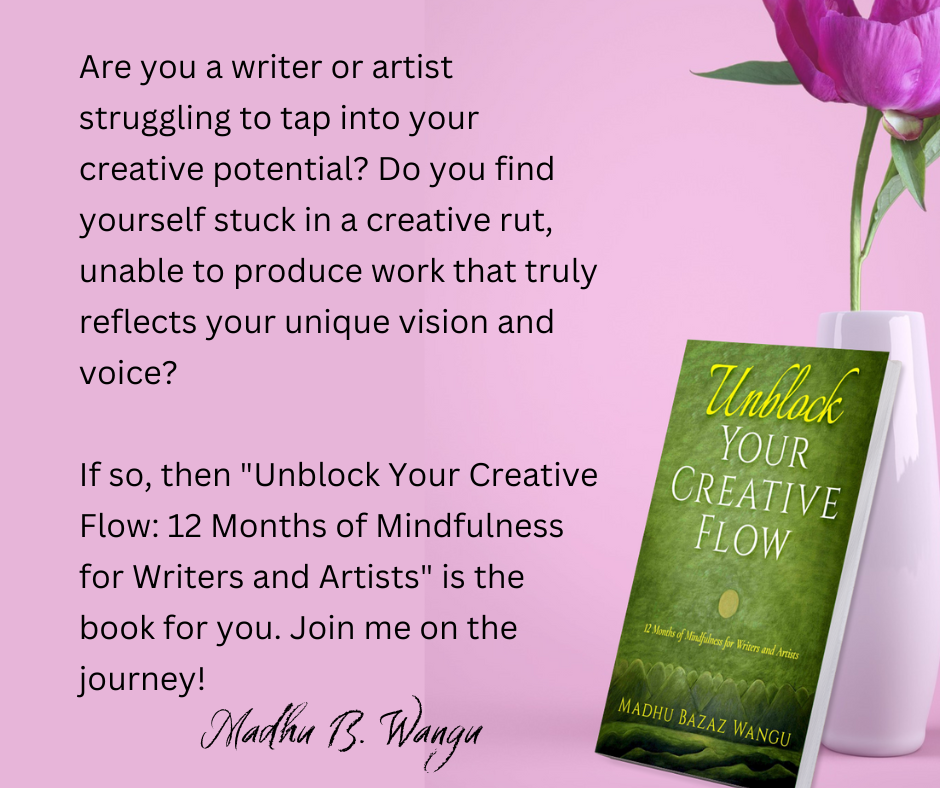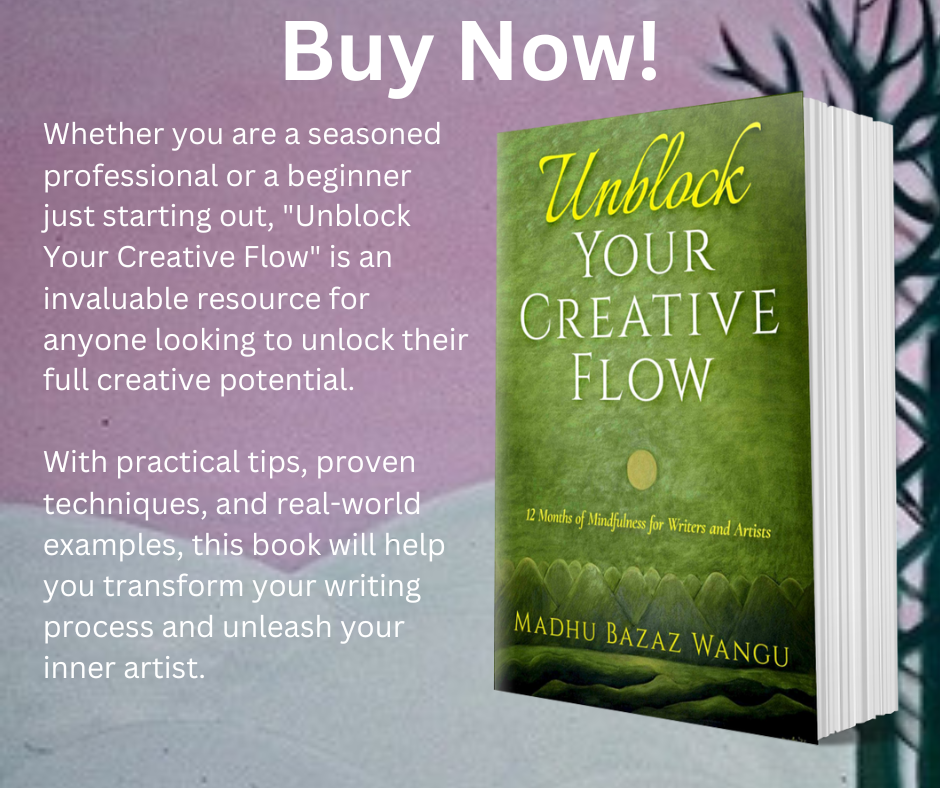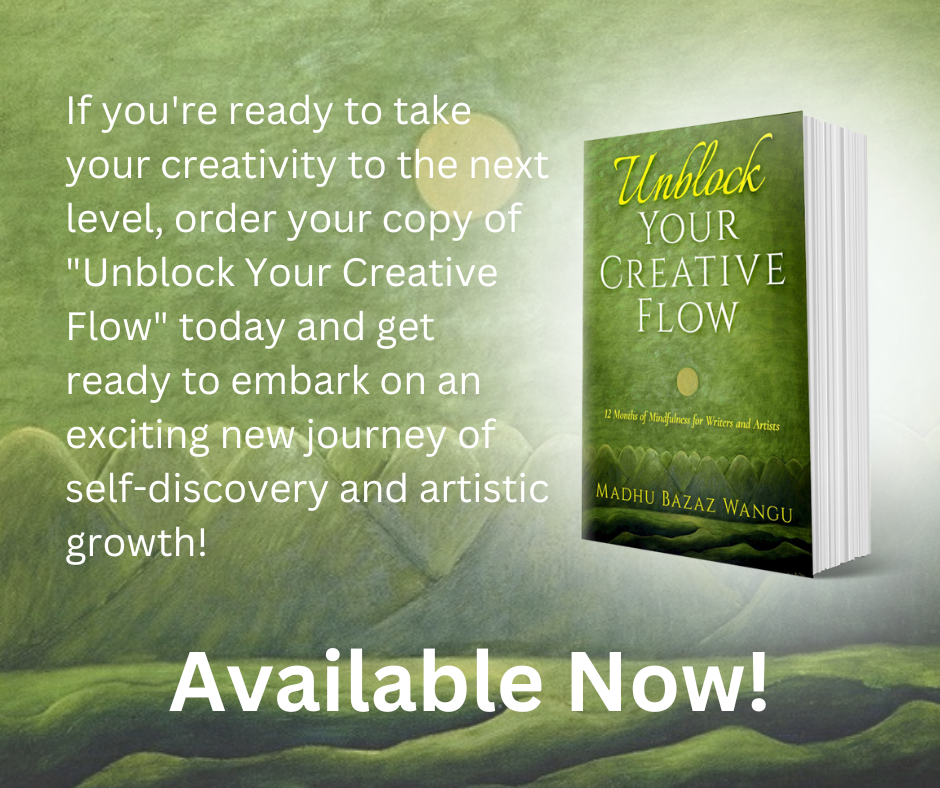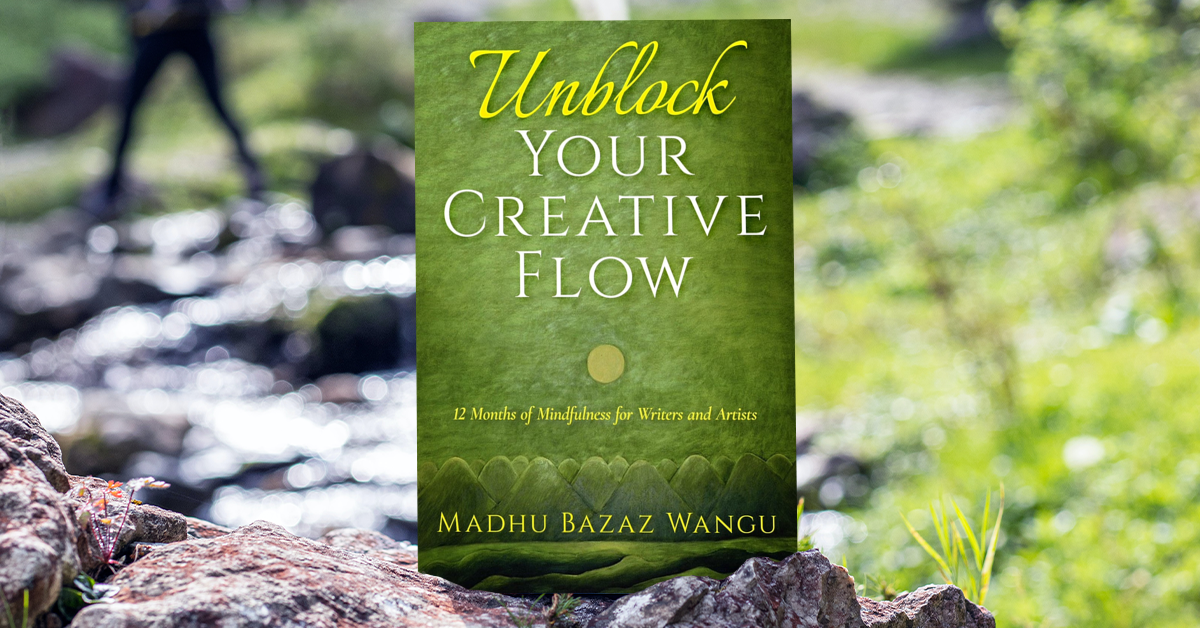Are You Mindful of Your Life?
You do what you do but have you begun work on the most important project of you life? Your own life--the project without which none of the other projects would matter. The second half of your life is one of the greatest projects you will ever complete. Look at the photo in which you were half the age you are now. What has changed for the better, what has remained the same, what would you like to change? Photos: Pittsburgh's International Folk Festival (The booth constructed by my husband, Manoj and mural painted by me) ...
Read More


